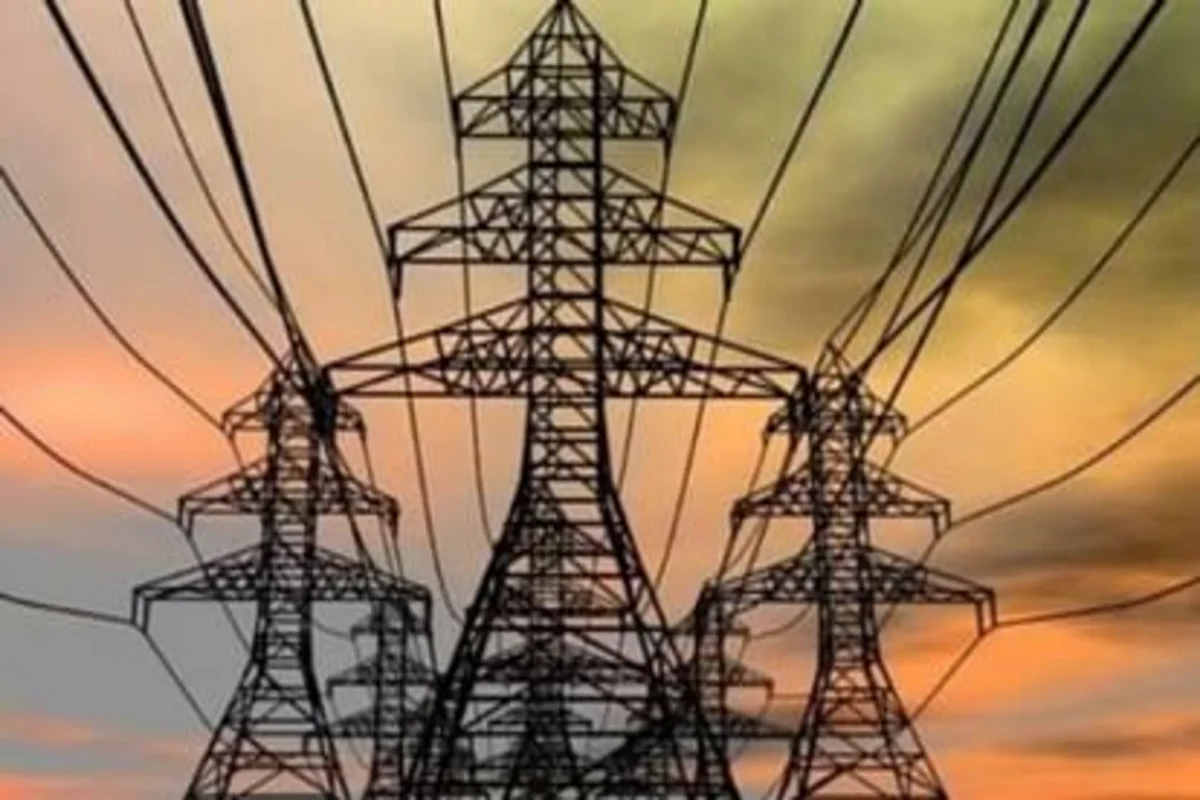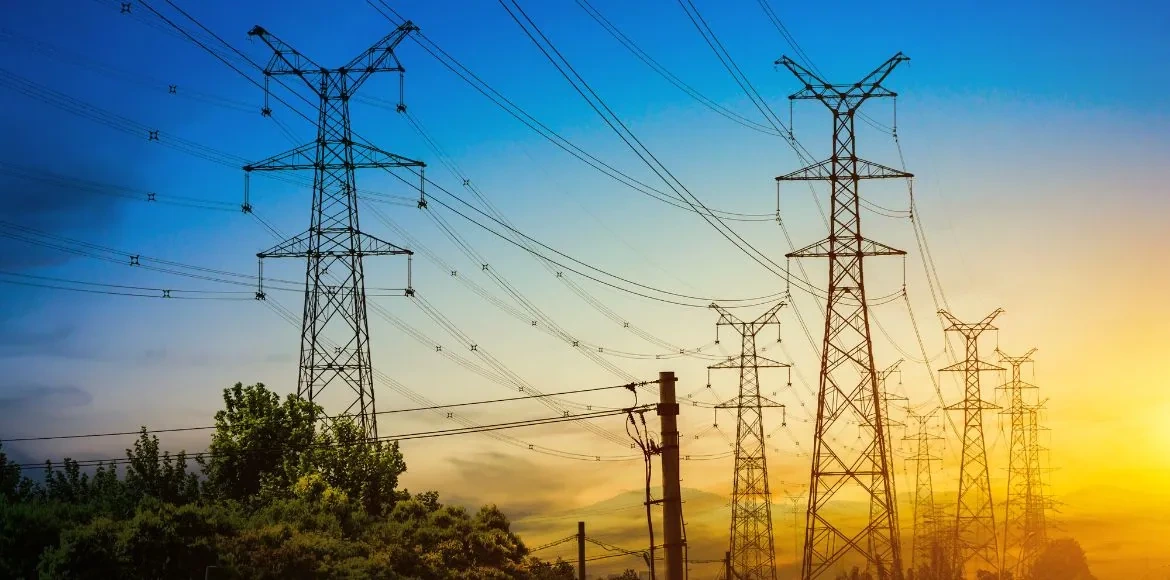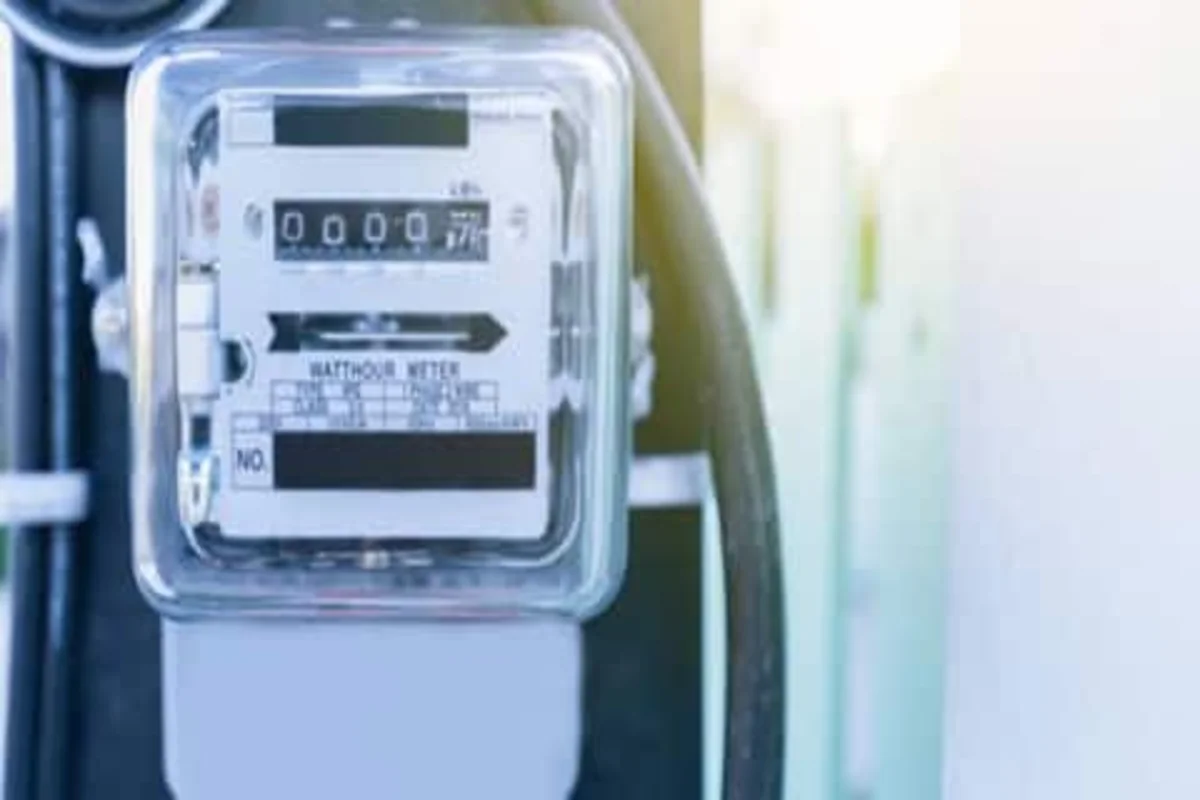Consumers have a basic right to an uninterrupted power supply, and electricity is a necessary service. In the event that your energy distribution business (DISCOM) has blackouts or delays in providing services such as connection, disconnection, or invoicing, you could be eligible for compensation. This article highlights the Electricity (Rights of Consumers) Rules, 2020 and how you can apply for compensation for service delays, including power outages.
Power Cut Compensation
Customers are entitled to reimbursement if a DISCOM wilfully executes load shedding, which is the deliberate implementation of power outages. According to a directive from the Ministry of Power, any load shedding of this kind must automatically result in compensation that is applied to your power account.
Service Delays: Compensation for Inconvenience
If an electricity distribution company fails to provide timely services, consumers are eligible for compensation. The services include:
- Connection and Disconnection
- Reconnection and Shifting
- Change in Consumer Category or Load
- Billing Services
- Voltage and Bill-related Complaints
Criteria for Compensation
The compensation standards differ from one state to another and are set out by state power commissioners. Some typical situations in which compensation claims can be made are as follows:
- No Supply Beyond a Specific Duration: If the power supply is interrupted beyond a duration specified by the state commission.
- Excessive Interruptions: If the number of power interruptions exceeds the limits set by the commission.
- Delayed Services: Compensation is applicable for delays in connection, disconnection, reconnection, shifting, change in consumer category or load, replacement of defective meters, and bill issuance.
Monitoring Reliability: SAIDI and SAIFI
To ensure reliability, the following indices are used:
- System Average Interruption Duration Index (SAIDI)
- System Average Interruption Frequency Index (SAIFI)
These indicators assist in calculating the yearly frequency and total length of outages for each customer. The state commission establishes the appropriate limits, and any deviation may be eligible for compensation.
Steps to Claim Compensation
- Check State Rules: Determine the specific conditions and timelines for compensation in your state through the state electricity act and rules.
- Monitor Outages: Keep track of power interruptions and compare them with the permissible limits.
- File a Complaint: If you face service delays or excessive power cuts, file a complaint through the DISCOM’s online grievance portal.
- Use RTI: For more detailed information, consider filing a Right to Information (RTI) application to the DISCOM.
Keep watching our YouTube Channel ‘DNP INDIA’. Also, please subscribe and follow us on FACEBOOK, INSTAGRAM, and TWITTER












